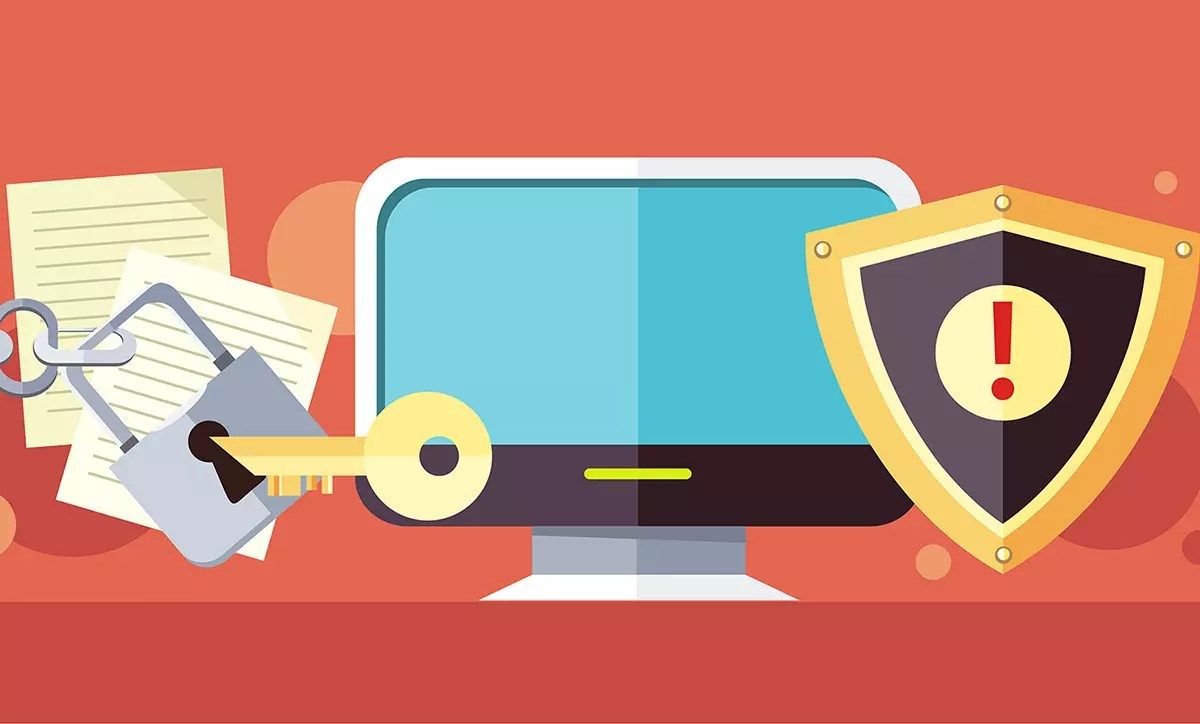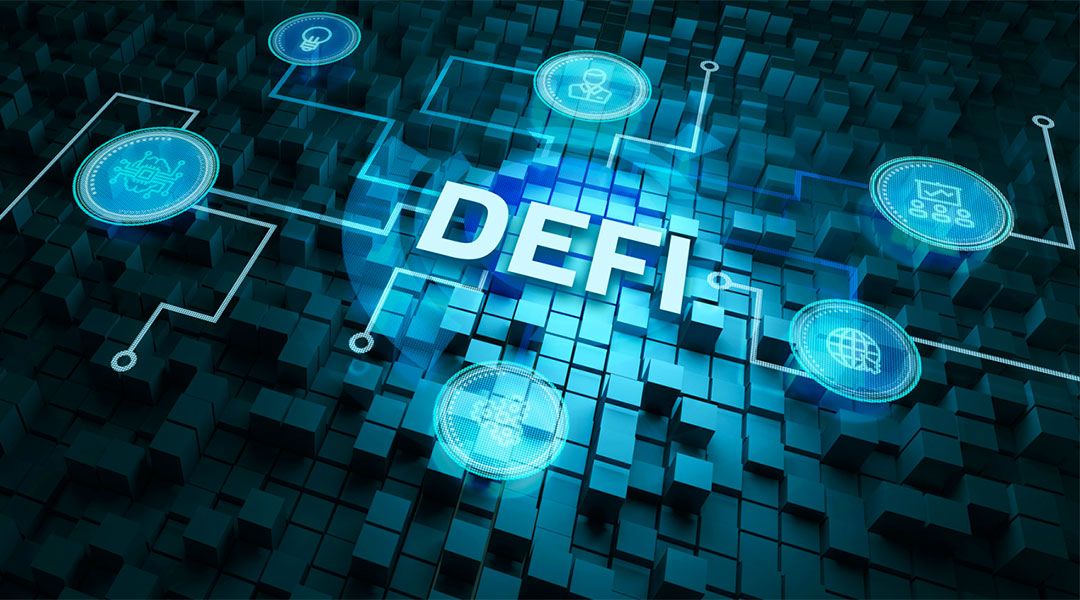How Blockchain Will Give Consumers Ownership of Their Data

Blockchain is set to change data ownership. It will help restore data control to the user by empowering them to determine who has access to their information online. It is a paradigm shift in how we deal with data and it will offer consumers the much-needed control over their own data.
Blockchain Will Drive the Need for Change
Change is required for various reasons, including security and privacy concerns. A 2016 Pew Research study revealed that 74 percent of its participants ranked control over who can access information online as a primary concern. The study also revealed that transparency of data collection is a concern. Often, consumers do not even realize that they provide companies with the permission to use their data based on the use of their applications. Websites and applications served as some of the first collectors of personal data. Now data can be collected in many ways, including via smart devices and vehicles.
The issue of privacy, security, and transparency can grow when third-party vendors who create accessories or supplemental services have access to consumer information. Moreover, the amount of data produced every day is increasing exponentially. Every person is expected to produce 1.7 megabytes of new data per second daily by 2020, which includes consumer behaviour and personal information, that organizations will be able to access and target. While access and usage of this data may be expressed in these companies’ user agreements, often the terms and conditions are so long and complex that it may not necessarily be easy to read or understand.
Centralized organizations, such as Facebook, Google or Amazon, have too much control over consumer data and this system no longer works. It limits transparency and authenticity because users can only see their own interactions or transactions. It becomes problematic when a third-party vendor or partner of an application a user utilizes, has access to their information. Companies do not necessarily make it simple for users to know who their partners or affiliates are that purchase the right or have access to the personal data of their users. However, blockchain technology helps to mitigate these issues and increasingly consumers demand control over their own data.
Blockchain Can Solve Issues Related to Data Ownership with Decentralized Solutions
Blockchain technology works by using a decentralized ledger system. This ledger is not isolated to one primary server or central ledger, such as in the case with a traditional banking system. Instead, the ledger is shared among a variety of computers, thousands or millions depending on the type of blockchain. This creates a system that is decentralized.
When using a decentralized ledger, it can expedite the verification process because it removes intermediaries. For instance, a bank transaction would not be verified until it goes through the Federal Treasury on the current centralized system. However, blockchain technology speeds up this process by verifying transactions cryptographically. Data ownership can be put back into the hands of the consumer when blockchain technology is used to speed up the process of verifying the identity of third parties. Consumers can be given a choice to select, for each piece of data that they create, whether or not they want to allow third-parties to have their information and verify if they are authentic. In addition, they can get paid for it.
It can be viewed as every piece of data having its own vault, including smart contracts linked to it that determine who can access the data for how long and against what price. Any transaction can be tracked and the data owner can benefit in real-time. A solution currently being developed for enterprise data sharing is the Fujitsu Data Exchange Network, which enables companies to share their data safely and rapidly with their competitors, without revealing confidential information and getting paid for every bit that is used by the third party. It uses a hyperledger based framework that gives organizations control over their distributed data and is aimed at promoting interchanges of data accumulated by various organizations and companies. Of course, what can be developed for enterprises, can also be developed for consumers.
Advantages and Disadvantages
Blockchain technology offers several advantages to bring back data ownership to consumers. It helps empower users by providing them with full control over their information. Users can control who has access to their data, transactions and behavioral patterns.
Blockchain technology also helps drive transparency and authenticity. For example, no one can change or delete the consumer’s data on the blockchain. This helps validate the authenticity of the transactions since it any data on a blockchain is immutable. It also keeps transactions transparent among users because they are traceable and verifiable, which reduces the compromise of data accuracy. Moreover, third-party risks can be reduced since the exchange is decentralized. This helps to build trust among each party. That means your customers can have an enhanced experience and be more aware of who has access to their data and what it is being used for with better understanding. However, this technology is not without its challenges.
Some disadvantages include a lack of regulation, the need for addressing cybersecurity issues and integration problems with current systems. As of 2017, there is no official government regulation over blockchain technology and how transactions should be written. In addition, consumer data controlled by consumers using a blockchain will require enterprises to replace their existing systems and requiring not only written consent using terms of conditions but also technical consent when they want to use customer data. That is a paradigm shift and as such will require quite a bit of time to develop and implement across organizations globally.
Blockchain Start-Ups Are Working to Put Data Control Back into the Consumer’s Hands
There are a number of blockchain startups working on enhancing data ownership. Here are four blockchain start-ups that are working to bring back data ownership to the consumer:
Blockstack. This blockchain start-up is empowering consumers with controlling their data using a browser add-on. It enables a decentralized identity and name so that consumers own their own personal information, rather than social networks, such as Twitter. It combines a decentralized DNS system with blockchain technology to deliver these capabilities.
Dynamis. Dynamis eliminates the need for insurance underwriters using blockchain technology on peer-to-peer insurance platforms. This helps consumers eliminate the transfer of their personal information to a third-party.
Enigma. With Enigma, different parties can run and store information using peer-to-peer insurance platforms while maintaining data privacy. This enables parties to have control over who has access to their private data.
ShoCard. Companies can verify the identity of whom they are conducting transactions with using ShoCard. This technology can help companies ensure that the people who have access to their consumers’ information are authorized to do so.
Final Thoughts
Today’s consumer wants control back in their hands when it comes to their data. Blockchain offers us a chance to bring back this control and give consumers a means to monetize the data they create, while enhancing the customer experience with better security, privacy and more control.
Image: robuart/Shutterstock





